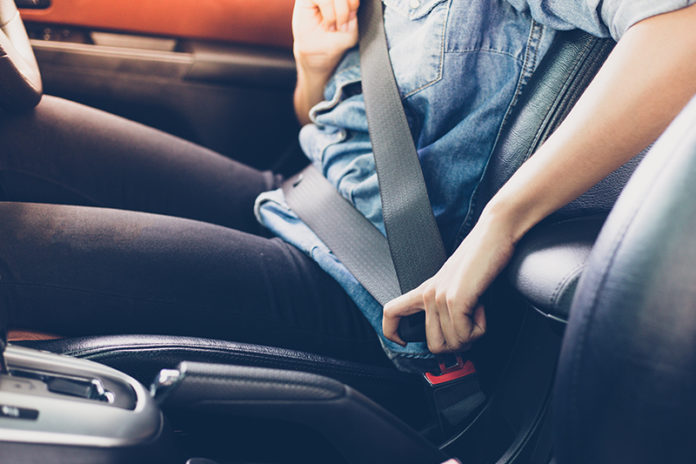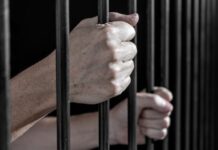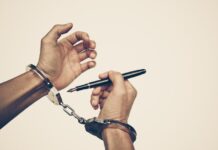When I head out of my driveway, I sometimes worry about one thing or another: Did I bring my shopping list? Do I know how to get where I’m going? Did I forget to close the garage door? What I don’t worry about is getting pulled over for a broken taillight, having my car searched and getting shot by a cop.
One reason for my customary nonchalance is that I drive carefully, with a decent regard for the law and traffic etiquette. Another is that in half a century of driving, I’ve been stopped by police exactly six times — resulting in three citations, no searches and zero bullet holes.
One of the times I got a ticket, the highway patrol officer expressed regret for having to write it. I haven’t been stopped since 2004, and I wouldn’t be surprised if it never happens again.
Statistics are on my side. Numerous studies attest that being of pale complexion, I’m far less likely to provoke the unwanted attention of law enforcement. So I can go about my business feeling secure in the cocoon of my vehicle.
Not everyone feels that way. One middle-aged African American South Carolinian recalled being stopped by police seven times — in the previous year. Sen. Tim Scott, a Republican, said that in each instance, “I was doing nothing more than driving a new car, in the wrong neighborhood, or some other reason just as trivial.”
It’s not an unusual story. Philando Castile, a 32-year-old Black man who was fatally shot by a police officer who pulled him over, had been stopped at least 46 times — or about three times a year since he was old enough to drive. An NPR investigation found that “of all of the stops, only six of them were things a police officer would notice from outside a car — things like speeding or having a broken muffler.”
Some cities have decided this is a bad way to operate. Last month, Los Angeles police were directed to make traffic stops only for any violation that “significantly interferes with public safety.” A handful of other cities, from Fayetteville, North Carolina, to Lansing, Michigan, have already adopted a similar approach.
Police unions and conservatives insist it will protect criminals and harm public safety. The Los Angeles Police Protective League said that these stops have “prevented our residents from being shot, shot at, intimidated, victimized and murdered.”
But the city’s own data reveals that only 2% of “pretextual” stops result in an arrest of any kind — and that only 1.3% of searches produced a gun. A study of the experience in Fayetteville found that the new approach had no effect on crime rates — but reduced traffic accidents and fatalities by focusing police on dangerous driving instead of administrative transgressions.
Traffic stops are the most common type of interaction between citizens and law enforcement. Nationally, there are 20 million stops each year. Many of them are “pretextual” — where police use some minor violation (an air freshener hanging from the rearview mirror, say, or failing to wear a seatbelt) so they can check for some more serious offense.
These confrontations create aggravation and fear for motorists, but the effects are not evenly distributed. Political scientists Frank Baumgartner, Derek Epp and Kelsey Shoub, authors of a book on the subject, told The Washington Post that “compared to their share in the population, Blacks are almost twice as likely to be pulled over as whites — even though whites drive more on average, by the way.”
They added, “We also discovered that Blacks are more likely to be searched following a stop. Just by getting in a car, a Black driver has about twice the odds of being pulled over, and about four times the odds of being searched.”
Skeptics may surmise that all this is because Blacks are more likely to break the law. In fact, searches of African Americans are less likely to turn up contraband, compared with searches of whites.
If you need more evidence of systemic unfairness, another study found that the racial gap shrinks with stops that occur at night. How come? Darkness makes it harder to discern skin tone. So cops end up pulling over white drivers who would have been spared in the clear light of day.
There seems to be no obvious way to eliminate the inequities and dangers created when cops conduct traffic stops. But we can at least make them less numerous.































